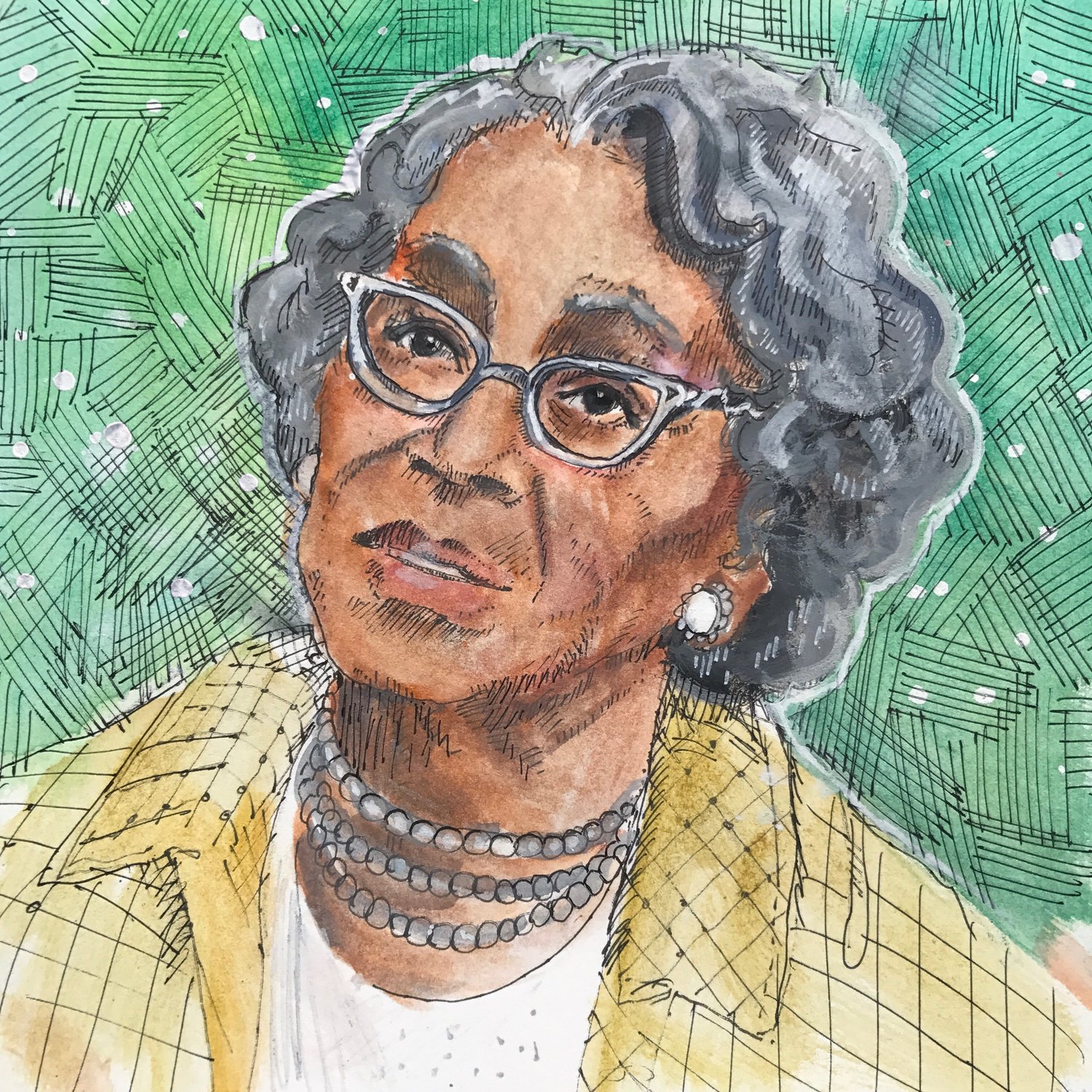
“My philosophy is such that I am not going to vote against the oppressed. I have been oppressed, and so I am always going to have avote for the oppressed, regardless of whether that oppressed is black or white or yellow or the people of the Middle East, or what. I have that feeling.” – Septima Poinsette Clark
Point 1
Who was the “queen mother” of the American Civil Rights movement? If you answered “Rosa Parks,” you’re wrong—a woman named Septima Poinsette Clark earned that moniker for her pioneering civil rights work years before Parks made her fateful ride. The daughter of a slave, Clark made her mark on the movement not in a bus or at a lunch counter, but in the classroom.
Point 2
Born on May 3, 1898, in Charleston, South Carolina, Septima Poinsette Clark branched out into social action with the NAACP while working as a teacher. As part of the Southern Christian Leadership Conference, she set up citizenship schools that helped many African Americans register to vote.
“What we are working for is an educational program that has become a resource and rallying point for scores of brave southerners who are leading the fight for justice and better race relations in these crucial days.” – Septima Poinsette Clark
Point 3
She qualified as a teacher, but Charleston did not hire African Americans to teach in its public schools. Instead, she became an instructor on South Carolina’s Johns Island in 1916.
Point 4
In 1979, Jimmy Carter honored her with a Living Legacy Award. She received the Order of the Palmetto, South Carolina’s highest civilian honor, in 1982
Point 5
Septima Poinsette Clark was instrumental in founding nearly 900 citizenship schools, which ultimately helped African Americans register to vote. She was 89 when she died on December 15, 1987, on South Carolina’s Johns Island.
